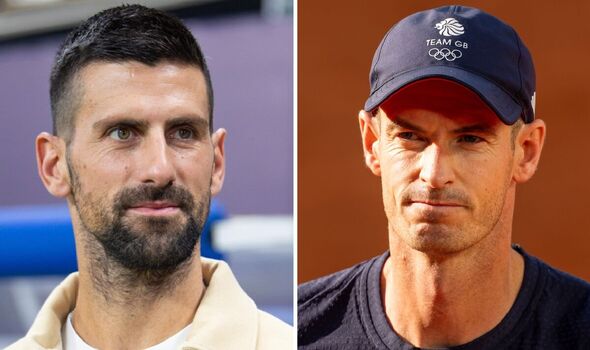
Shake, rattle, and voter rolls: The new politics in Europe, US
December 3, 2014
Economic chill set to make Finland the sick man of Europe
December 4, 2014
Unfortunately, the outcome appears likely to disappoint those demanding that
leaked private messages be treated no differently than public pronouncements.
Inside Sport has learnt that figures within the game fighting for such a rule
change to be implemented in the wake of the Mackay and Richard Scudamore
scandals case are on the brink of being defeated.
An expert working group consisting of board members and executives from within
the FA met last week to discuss the matter, with sources close to those in
attendance revealing it was recommended that private messages continue to be
exempt from the governing body’s discrimination rules.
Arguments against including them range from concerns about whether the FA has
the manpower to cope with any additional workload such a change might
entail, to the legal implications of prosecuting private correspondence.
Put forward as an alternative course of action was for the FA to seek a
commitment from individual employers – in most instances clubs but also the
Premier League and Football League – to act themselves to punish anyone
whose discriminatory private exchanges have been made public, provided that
they have a direct bearing on their job.
The problem with that approach is that it appears to be all but a
reinforcement of the status quo, where clubs can suspend or sack employees
for gross misconduct. It would also fail to deal with another Mackay, who
was out of work when his racist, sexist and anti‑Semitic exchanges with
Moody were exposed.
It may not even deal with another Scudamore, whose messages were personal in
nature, albeit sent using a company email address.
The FA’s executive has now been given the task of formulating a firm set of
proposals to put before its board. Nothing is set in stone and it is
possible that it will simply ignore the recommendation of its expert group
and try to force through a more radical rule change.
That is not without precedent since Greg Dyke became chairman.
The usual process of stakeholder consultation was bypassed last year to tweak
regulations relating to unseen incidents on the field after Fernando Torres
escaped action for scratching Jan Vertonghen.
However, this is a much more complex and emotive issue and one over which Dyke
is unlikely to want to risk going to war, given the speed in which he ruled
out even an FA investigation into the Scudamore affair.
He will be damned either way, for the clamour to end the distinction between
public and private discrimination has grown so loud that anything other than
a full commitment to that will be greeted by a furious backlash.
Chowdury conflict of interest over ticketing rejected by DCMS
Those attempting to convince the Government not to shoot down legislation
designed to prevent fans being ripped off when buying tickets on the
secondary market for the Rugby World Cup and Ashes series next year might
have questioned the presence of Seatwave’s chief executive on the board of
the Department for Culture, Media and Sport.
Fortunately, Ajay Chowdury no longer works for the self-proclaimed biggest
ticket exchange in Europe, something the DCMS was all too keen to point out
when quizzed by Inside Sport on the potential conflict of interests.
It even went as far as altering Chowdury’s biography on its official website,
having neglected to do so until now.
Insisting that his previous interest had been declared, it said in a
statement: “Non-executive directors do not make policy decisions and he was
never and would not be involved in any discussions relating to secondary
ticket markets.”
Maybe so, but the DCMS’s own guide for candidates for public appointments
reads: “Sometimes rather than an actual conflict arising the perception of a
conflict alone may arise. Both are a problem, as the perception of a
conflict may, on occasions, be as damaging as the existence of an actual
conflict.”
Gambling vice of lower earners
The revelation that professional footballers and cricketers are three times
more likely to have a gambling problem than other young men will lead many
to conclude that sky-high wages among the elite are being splurged on yet
another vice.
However, the fact that research has shown the problem is worse for players on
lower incomes should give serious pause for thought. The findings of
independent research unveiled at the Professional Players Federation
conference on problem gambling in sport also revealed that only a quarter of
those surveyed had received responsible gambling education – but 89 per cent
of those people found that education helpful.



Luke Humphries comment about Luke Littler says it all after Players Championship glory
Read more